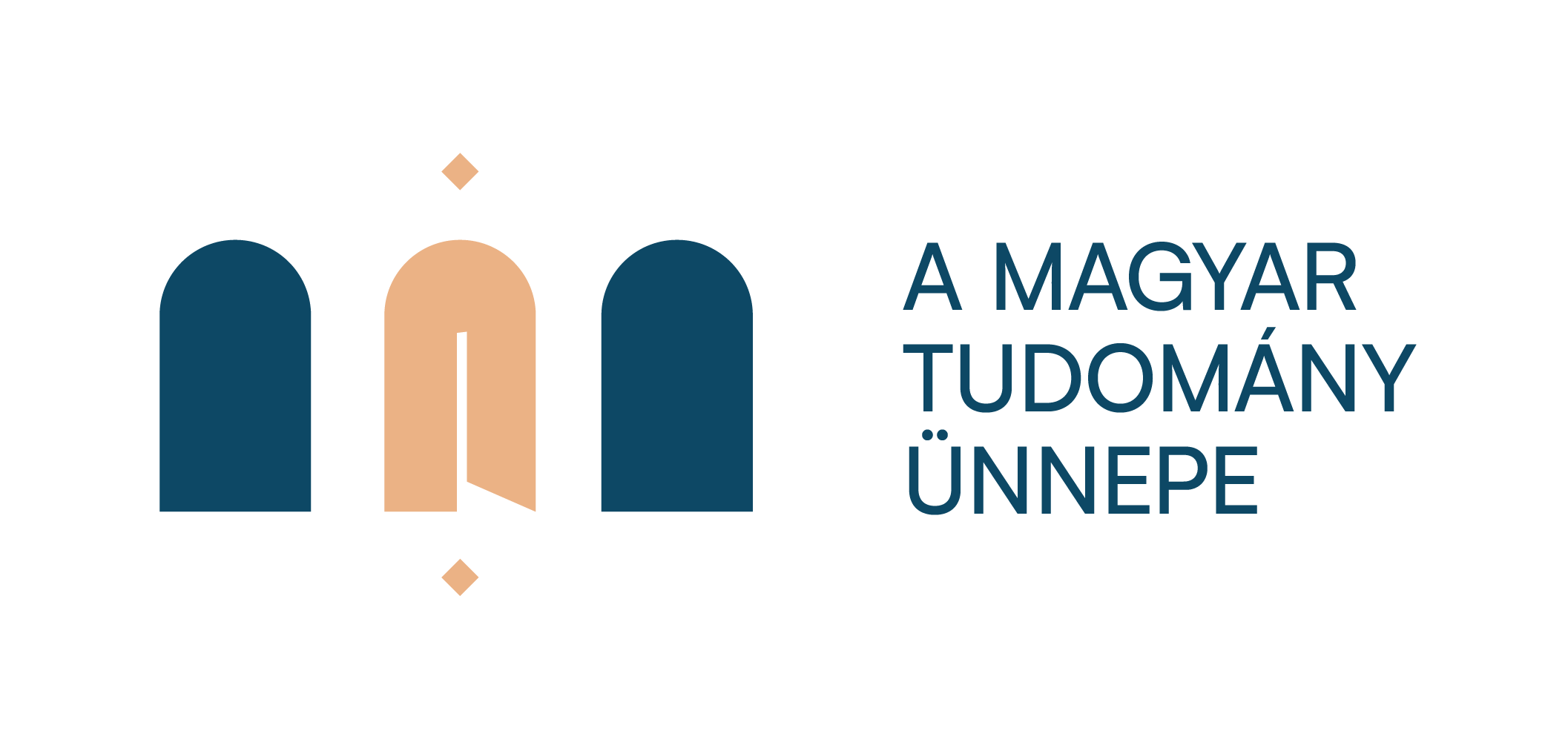11. Pragmatika Kerekasztal
Interdiszciplináris, transzlációs és transzgenerációs pragmatika
Szeged, 2023. október 20. péntek
Egyetem u. 2. SZTE BTK kari konferenciaterem
A Kerekasztal szervezői: Pragmatika Centrum Országos Kutatóközpont, Magyar Nyelvtudományi Társaság Pragmatika Tagozata, SZTE BTK Általános Nyelvészeti Tanszék, MTA-SZTE-Elméleti Nyelvészeti és Informatikai Kutatócsoport, SZTE Fejlődéses és Neuropragmatikai Kutatócsoport
Tisztelettel várjuk az érdeklődőket a 11. Pragmatika Kerekasztalra. A Pragmatika Kerekasztal rendezvénysorozat újból szegedi állomására ért. Amikor elindult a rendezvénysorozat 2012 októberében, a megalakulást ünnepelve áttekintő előadásokat tartottunk, hogy megmutassuk, milyen kutatások folytak akkor Szegeden, illetve a kapcsolódó műhelyekben. Idén arra vállalkozunk, hogy olyan beszélgetéseket kezdeményezzünk a kollégákkal, érdeklődő résztvevőkkel, ahol a tematika az általunk képviselt témaköröket érinti, de egyúttal kapcsolatteremtési és együtt gondolkodási lehetőségeket is kínál. Éppen ezért az előadók körét felkért hozzászólókkal egészítettük ki annak érdekében, hogy részletesebb rálátást tudjunk adni a hallgatóság számára az adott kérdésekről. Nyitott beszélgetéseket szeretnénk kezdeményezni, melyet a szervezők moderátori közreműködése tart majd keretben.
Találkozzunk Szegeden!
Program:
10.00 Köszöntő: Németh T. Enikő
10.10-től: Délelőtti kerekasztal a diskurzuselemzés és a multimodális kommunikáció interdiszciplináris felfogásának érvényesüléséről a pragmatikában
1. Álhírek pragmatikai szempontú elemzése
Kovács Pál: Az implicitség és a manipuláció kapcsolatának vizsgálata az összeesküvés-elméletek példáján
Németh T. Enikő – Nagy C. Katalin – Németh Zsuzsanna: Rejtett pragmatikai tartalmak álhírek címeiben
Szabó Éva: Nyelvi eszközök a "beszélői" attitűd kifejezésére az álhírekben
2. Diskurzuselemzés, társalgáselemzés
Schirm Anita: Diskurzusjelölők szövegeken innen és túl
Németh Zsuzsanna:A nemlexikális öö hang funkciói a társalgásban
Nagy Evelin: Támogatja a Releváns Poént? A stand-up comedy alternatív beszélőváltási rendje
Felkért hozzászólók az 1. és 2. témához: Csatár Péter (DE), Dér Csilla Ilona (KRE), Nemesi Attila László (PPKE), Simon Gábor (ELTE)
Moderátor: Németh T. Enikő
12.30-tól 13.30-ig ebédszünet
13.30-tól Délutáni kerekasztal az interkulturális szemlélet és a kognitív megközelítések érvényesüléséről a pragmatikában
3. Interkulturális pragmatika
Ahmad Adha: Lying as conceptualized by different lingua-cultural groups
Árvay Anett: A félreértések értelmezése interkulturális pragmatikai szempontból
Gárdián Nikolett: A nyelvi udvariasság kifejezése magyar és mandarin nyelvhasználatban
4. Kognitív és neuropragmatika
Papp Melinda: Óvodáskorú gyermekeknek szóló mesemondási stratégiák pragmatikai vizsgálata
Mezőlaki Regina: "Az attól függ!” A kontextus hatása autista felnőttek által preferált verbális udvariassági stratégiákra
Ivaskó Lívia – Perényi-Csáthi Éva: Korai pragmatikai fejlődés hallássérültek esetében
Felkért hozzászólók a 3. és 4. témához: Csontos Nóra (KRE), Suszczynska Malgorzata (SZTE), Vaskó Ildikó (ELTE), Viszket Anita (PTE)
Moderátor: Ivaskó Lívia
15.50 Beszámoló a Pragmatika Centrum működéséről (összefoglalás az elmúlt év munkájáról, jövőbeli tervek ismertetése) – Németh T. Enikő
16.00 Zárszó



 A SZAB Nyelvtudományi Munkabizottság és az MTA-SZTE-DE Elméleti Nyelvészeti és Informatikai Kutatócsoport workshopot szervez a Magyar Tudomány Ünnepére
A SZAB Nyelvtudományi Munkabizottság és az MTA-SZTE-DE Elméleti Nyelvészeti és Informatikai Kutatócsoport workshopot szervez a Magyar Tudomány Ünnepére